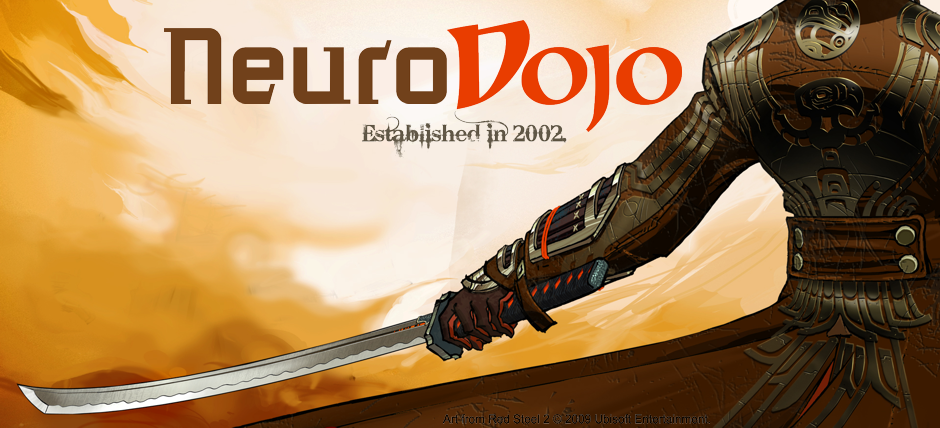If ever there was a presentation where the visual would completely dominate the presentation, it was a talk I saw at least ten years ago at the University of Victoria by one of the people who was closely involved in the cleaning of Michelangelo's frescos on the Sistine Chapel. The slides (and this was still before PowerPoint had killed slide carousels; these were real 35 mm film slides) were, of course, glorious. When the first one went up, showing one of the frescos before and after cleaning, the whole audience let out an audible gasp.
The speaker paused and said, "You are a good audience."
I remember him. I remember his dry sense of humour, his Italian accent, his self-deprecation. At one point, he showed a video of the cleaning where he was seated, watching someone else work, and joked when he gestured in the video about the hard work he had to do supervising. (He had lifted his hand, pointed, and set it back down.) I remember an answer he gave to a questions from an audience member about how remove plaster that had been added to censor nudes; he said they would not even try it, because that would not be true to the spirit of Michelangelo's work.
I wish I could remember his name, but that's not really the point. I remember him and what he had to say.
Extraordinary talks are almost never extraordinary because of the slides. They're memorable because of the personality of the speaker and the story he or she has to tell.
It's not just me saying this. About this time last year, I was teaching a seminar class. I asked the students to name someone that they thought was a good speaker, and tell me why they admired that particular person. It was very interesting. Their responses fell into a few broad categories. Enthusiasm. Humour. Expertise. Sincerity.
"Great visual aids" or "great slides" never came up. Not once.
The point came up again when I was at the SICB meeting earlier this month. One of the most popular talks was by Steve Vogel, who studies biomechanics, and is well-known for his intoxicatingly clear writing on books like Life's Devices. I had never seen him speak before, though I was always impressed by his prose. I was not surprised that there was standing room only for his talk, which was in one of the bigger rooms. He was talking about ballistic trajectories, and how biological organisms don't really follow classic physics of things being shot. And it was an excellent talk, delivered with a great sense of fun.
In discussing talks with some of the people I met, I mentioned my theory that the visual aids are really secondary. Dmitri (a Russian grad student now in Canada) commented on Vogel's talk, "If you just looked at the slides, you'd think it was a pretty ordinary talk." And he was right; none of them really stood out. It was his personality and clarity that shone through when he talked.
I'll explore a variation on this theme in part three of this erratic series.

No comments:
Post a Comment